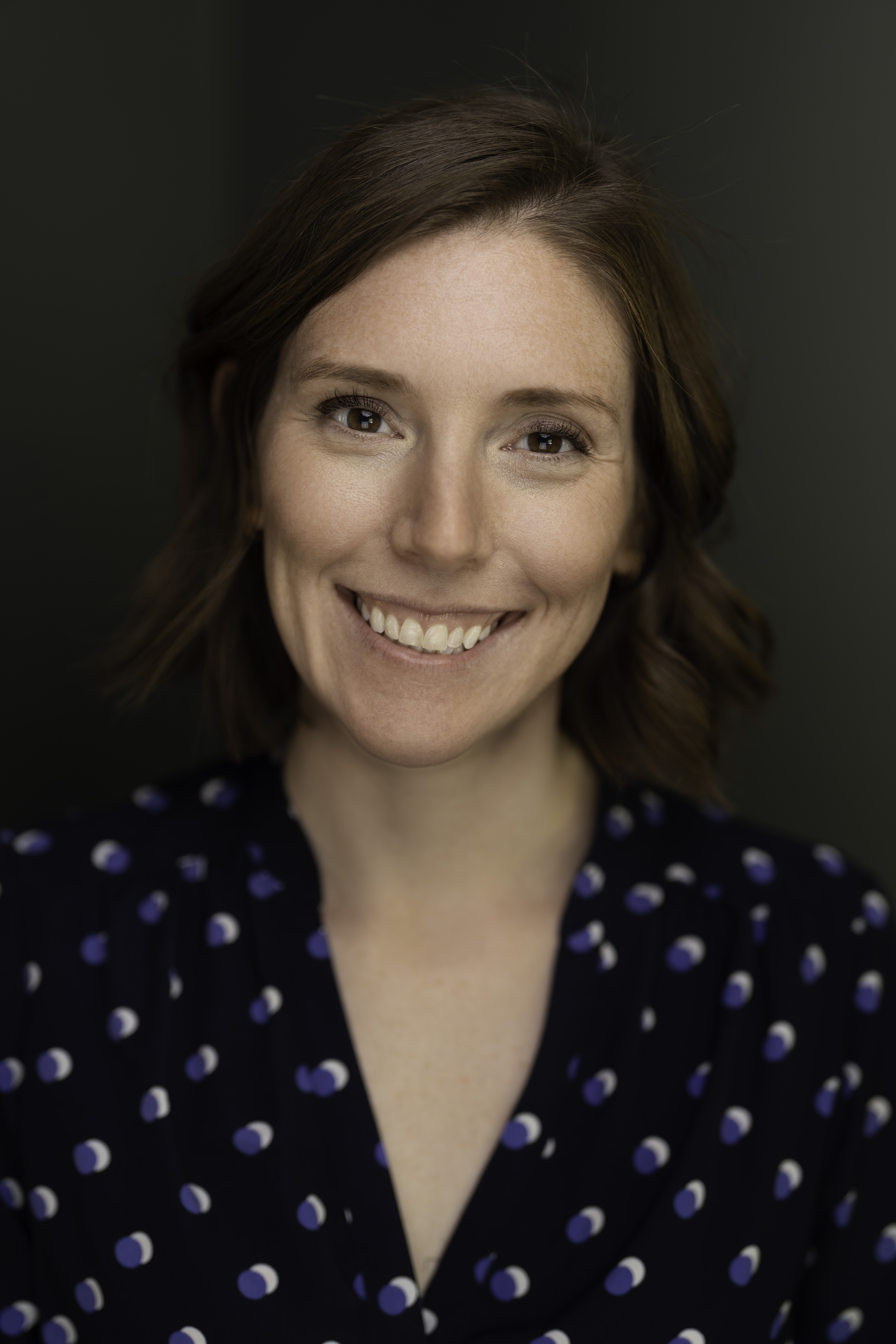About
I am a historian of France with an interest in the history of gender, colonialism, and decolonization. Before becoming an assistant professor of European history at UofL in 2019, I was an assistant professor and Jamie & Thelma Guilbeau/BORSF Endowed Professor in History at the University of Louisiana at Lafayette. I received my doctorate in History from Boston College in 2017. My work has been supported by the American Philosophical Society, the Social Science Research Council, the American Historical Association, the Society for French Historical Studies, the Western Society for French History, as well as UofL's Commonwealth Center for the Humanities and Society, and the University of Louisiana’s Guilbeau Charitable Trust.
My first book, Disintegrating Empire: Algerian Family Migration, Race, and the Welfare State in France, 1954-1981 examines the entangled histories of three threads of decolonization: the French welfare state, family migration from Algeria, and the French social workers who mediated between the state and their Algerian clients. I explore the dynamic, conflicting, and often messy way these threads intertwined over the course of the Algerian War to reveal their belated unravelling more than a decade after Algerian independence. The welfare state's story was not merely one of rise and fall but of winnowing services to "deserving" clients. Defunding social services--long associated with the neoliberal turn of the 1980s and beyond--has a much longer story defined by exacting controls on colonial citiens and migrants of newly independent countries. By retelling the history of the welfare state through the prism of decolonization, I argue that the “golden age” of welfare was only made so through the exclusion of Algerian workers and their families. I have published a portion of this research as “Defining Family, Delimiting Belonging: Algerian Migration after the End of Empire,” which appeared in a special issue of Gender & History in fall 2019.
I am also starting two new projects. As a Bingham Faculty Fellow at the Commonwealth Center for the Humanities and Society, I developed the outline of a microhistory of the so-called Perrou affair, in which the relatively anonymous Armand Perrou illegally placed twenty-five Algerian children up for "adoption" during the Algerian War. This study, born from a chance encounter in the archives in the wake of revelations about the United States's own child separation policies, will consider the relationship between colonialism, conceptions of the stable family, and the politics of historical methods. The second project is a longer-term study on family planning in France from the postwar to the present. This project grows from research and interests that emerged from my first project. A portion of this research appeared in an edited volume as "Inessential Labor: Reproduction, Work, and Algerian Family Migration after Independence."
I teach courses on the history of Europe, European empires, and France in particular. I enjoy offering classes and supervising students in gender history and histories of race and sexuality.
New Class! Fall '24: HIST 505/641 Secrets, Lies, and Scandals
What’s the difference between a family secret and a public scandal? When do secrets become lies? What kind of transparency do governments owe constituents? In this readings-based class, we will examine histories of secrets, lies, and scandals in a global, non-US context across the 20th century. Our goal will be twofold. First, we will develop a lexicon of scandal from the primary and secondary sources we read together. Second, we will consider how historians write about secrets and scandals to gain insights into the practice of historical writing. Each student will produce a research paper on a secret or scandal of their choice using primary and secondary sources as well as our course’s shared vocabulary.
Other classes I offer:
- European Fictions (Honors Seminar)
- Modern Families in Modern Europe (cross-listed with WGST)
- French Empire (cross-listed with MEIS)
- Multicultural Postwar Europe
- Historical Methods: Edges of Empire
- World Civilizations II (Revolution & Empire)

